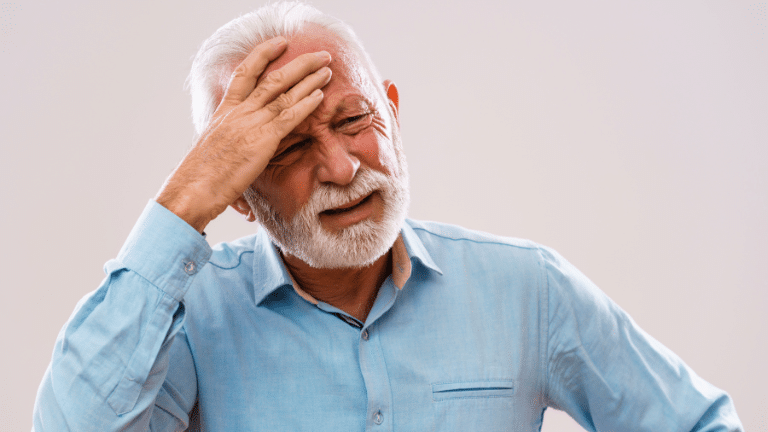
For National Stroke Week (8 – 14 August), world-leading stroke researcher Professor Coralie English shares five things everyone needs to know about stroke, from prevention and identification, to rehabilitation and living well after stroke.

Did you know that one in four people globally will have a stroke in their lifetime? In Australia, that equates to roughly one person every 19 minutes having their first stroke.
World-leading stroke researcher with HMRI and the University of Newcastle, Professor Coralie English, is a newly appointed Director of The Stroke Foundation.

She says there are five things everyone needs to know about stroke, from prevention and identification, to rehabilitation and living well after stroke.
High blood pressure is the key risk factor for stroke but many people don’t know they have it because there are no symptoms, it’s asymptomatic. The only way you can know if you have high blood pressure is to ask your GP or pharmacist to check it for you. There are other risk factors as well. These include smoking, drinking alcohol, family history, activity levels and body mass index.
Stroke is a medical emergency. Getting to hospital and getting the right treatment as soon as possible can prevent lasting brain damage. This is why early detection is so important. An easy diagnostic test is the FAST test. F.A.S.T. is an acronym to help people recognise the signs of a stroke.
Face drooping?
Arm weakness?
Speech difficulty?
Time to call an ambulance.
According to The Stroke Foundation, drinking alcohol can increase your risk of having another stroke. Alcohol may also impact your recovery, worsen symptoms such as fatigue, and react with some medications.
While there is some research to suggest that alcohol may offset some of the risks for cardiovascular disease, it is becoming increasingly clear that alcohol definitely increases your risk of secondary stroke. The risks still outweigh the benefits.
To offset the effects of a stroke – especially the loss of muscle strength, coordination, sensation and balance – exercise programs where people perform repetitive ‘rehab’ exercises have been shown to speed up recovery.
Getting enough regular exercise that gets your heart rate up will keep you healthy after stroke and help reduce your risk of having another one.
If you need another reason to increase your intake of fruit, vegetables, healthy fats like olive oil, unrefined cereals and seafood, the science is in: the Mediterranean diet will also reduce your risk factors for secondary stroke.
HMRI would like to acknowledge the Traditional Custodians of the land on which we work and live, the Awabakal and Worimi peoples, and pay our respects to Elders past and present. We recognise and respect their cultural heritage and beliefs and their continued connection to their land.

Hunter Medical Research Institute
We’re taking healthy further.
Locked Bag 1000
New Lambton
NSW, Australia, 2305



This site is protected by reCAPTCHA and the Google Privacy Policy and Terms of Service apply.
Copyright © 2024 Hunter Medical Research Institute | ABN: 27 081 436 919
Site by Marlin Communications
